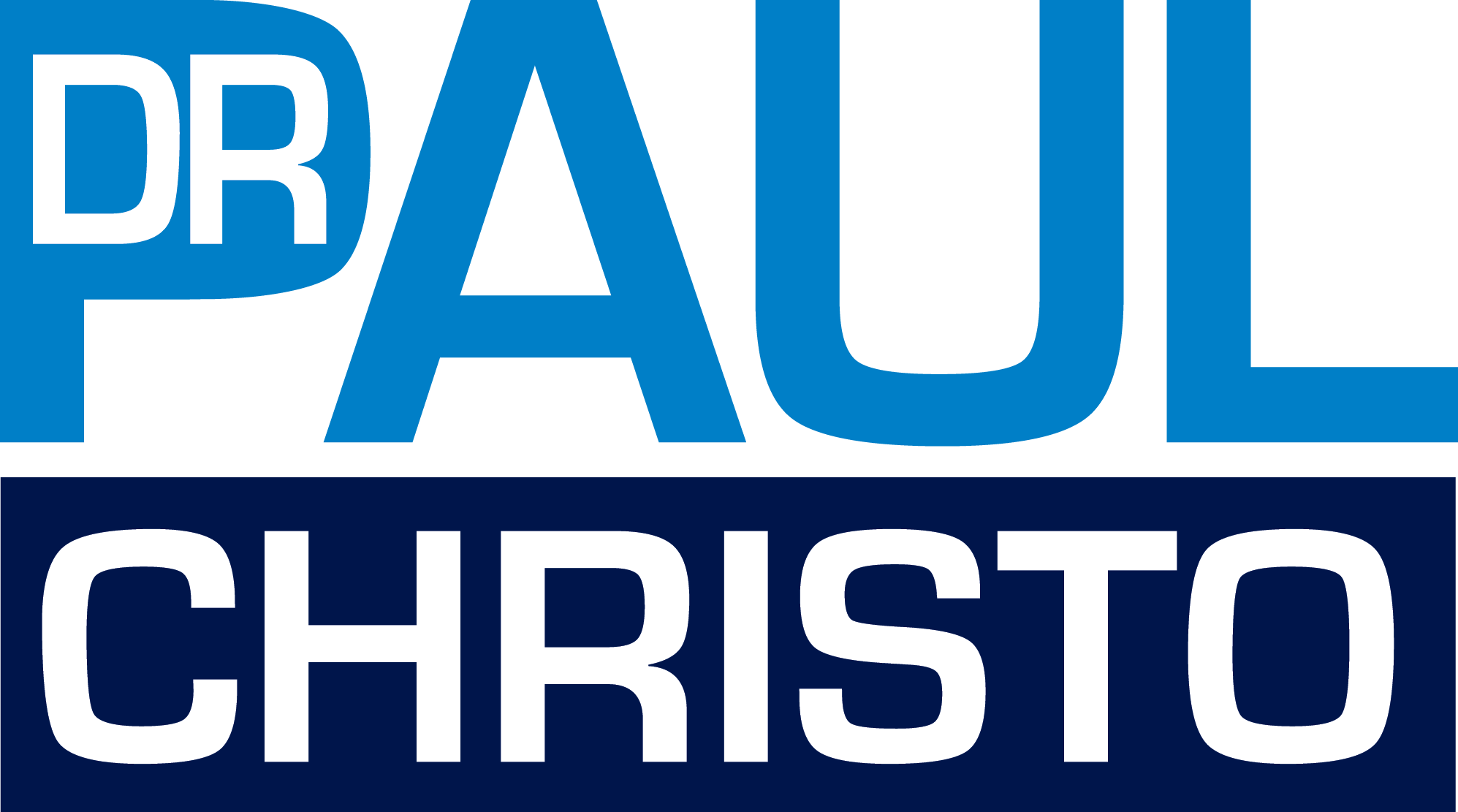
There are certain types of pain that we can brush off as a one-time thing. Maybe the pain lasts for a few days and it goes away, and it doesn’t occur again. With any symptom of acute pain, chronic pain could develop if it lasts for 3 months or more. Chronic pain is typically not life-threatening, but acute pain can reflect a serious, underlying medical condition that should not be ignored under certain circumstances. Here are some to be aware of:
- Severe headache
If you have already been diagnosed with chronic migraine, then you know how intense the headache can feel. However, if your headache is not accompanied by the typical migraine symptoms like sensitivity to light or sound, nausea, or one-sided throbbing head pain, then it could signal a brain aneurysm. Although rare, brain aneurysms decrease the oxygen supply to the cells in your brain, and can lead to a stroke. If you are having the worst headache of your life, but it does not feel like a migraine, call 911 to be safe – especially with little or no history of headaches in you or your family. A past family history of aneurysms and cigarette smoking can predispose someone to cerebral aneurysms.
- Pain in the abdomen
While this may be a common occurrence for those with Irritable Bowel Syndrome (IBS) or Crohn’s disease, sharp pain on one side of your abdomen that lasts for hours or even days at a time can signal something more severe. If the pain is accompanied by nausea and fever, an appendicitis is likely. It could also represent an ovarian cyst or cyst rupture. If an ovary becomes inflamed or if the Fallopian tube twists, it can cause severe abdominal/pelvic pain. Atypical pain in the abdomen is usually severe and sharp – not like the duller type of pain that accompanies IBS.If you do experience pelvic pain, and you’re a female, you should definitely check out these female pelvic pain causes as they can develop into more long term issues.
- Chest, shoulder, arm, jaw pain
If you have severe chest pain that feels like you are being constricted, it may be a heart attack. In men, the pain is usually sharp or heavy. For women, heart attack symptoms are often less severe. For instance, a heart attack can just feel like a heavy chest accompanied by shortness of breath, fatigue, throat pain, or nausea. Some women describe hot flashes or experience indigestion. If you did not eat spicy food prior to having chest pain, or don’t have a history of reflux, it is probably not heartburn, and you should notify your physician.
- Back pain
If you have back pain that reaches all the way to your toes, it’s likely that ibuprofen will not do the trick. If you have tingly toes and shooting leg pain, you could have a disc pressing on a spinal nerve. Now, if you experience new onset bowel or bladder incontinence or numbness around the anus, you might have a large disc herniation compression on the spinal cord, and this requires immediate surgical attention. Alert your doctor as soon as possible. Lower back pain could also be a sign of heart disease, infection, tumor, and kidney stones.
- Painful, swollen legs
If you don’t have underlying heart failure or vascular problems, you may be experiencing a deep vein thrombosis (DVT) or a blood clot. Sitting for long periods of time can lead to blood pooling in the lower part of your body which can then form a clot. The area will start to swell, turn red, and be painful to the touch. The blood clot can break off and travel to your lung, causing shortness of breath as well. If you smoke or use birth control, there is a higher risk of developing these type of blood clots.
- Hand and foot pain
Hand and foot pain can be a sign of diabetes – tingling, burning pain that starts in the toes or fingers, and moves up the foot or hand. The longer you have diabetes, the more likely it is to damage the nerves, especially in the extremities. The pain often occurs at night and can sometimes feel like a numbness. When you feel pain and discomfort in any part of your body, your best bet would be to get help and advice from professionals. There is no use dealing with this on your own, as you won’t know the exact reason to this pain, even if you do google your symptoms. Speaking to a hand surgeon could be the step you would need to take in order to get your pain diagnosed successfully. It’s much better to prevent the onset of chronic pain than it is to treat it later.
Remember, no one is immune to pain, but together we can overcome it.
